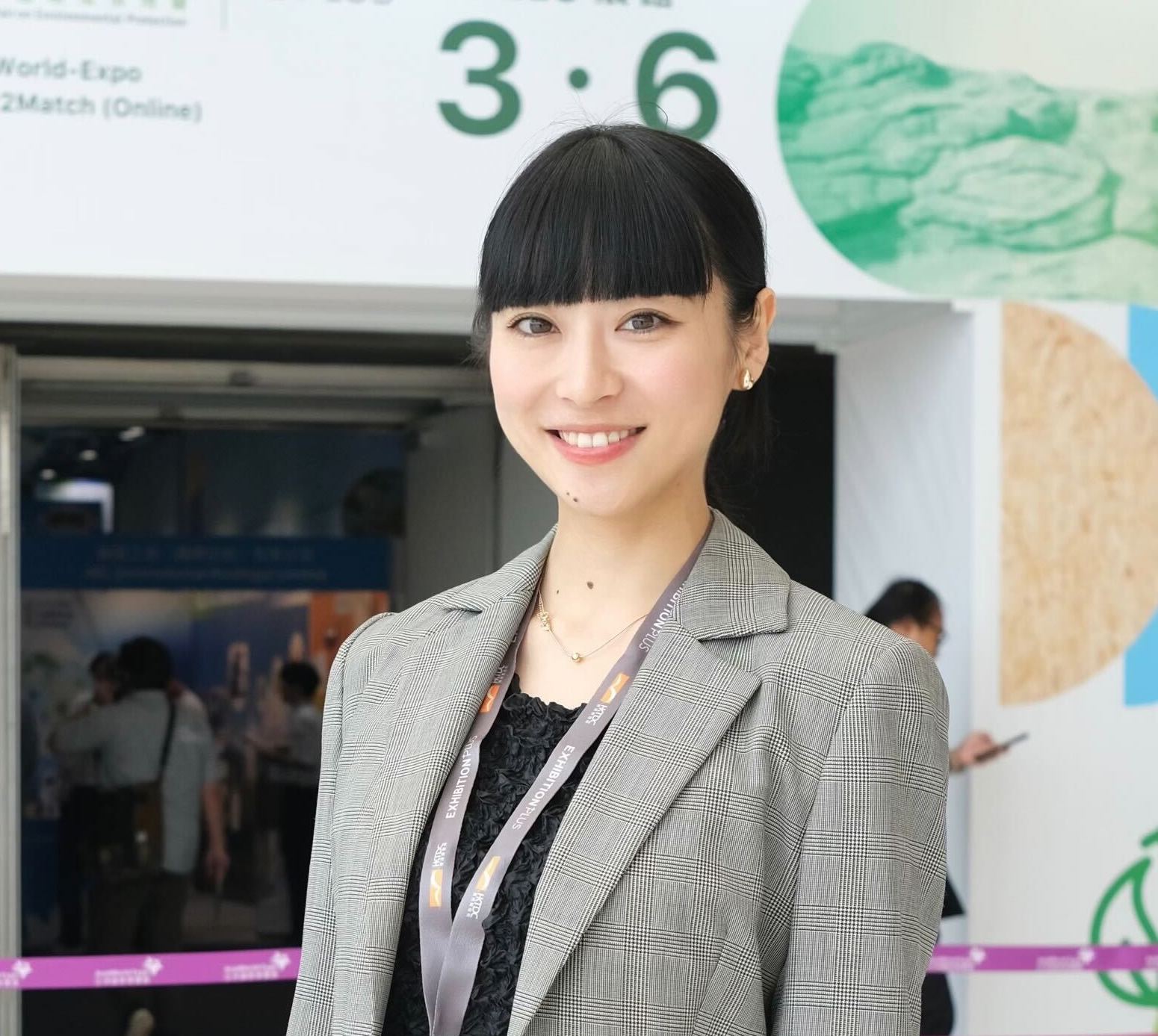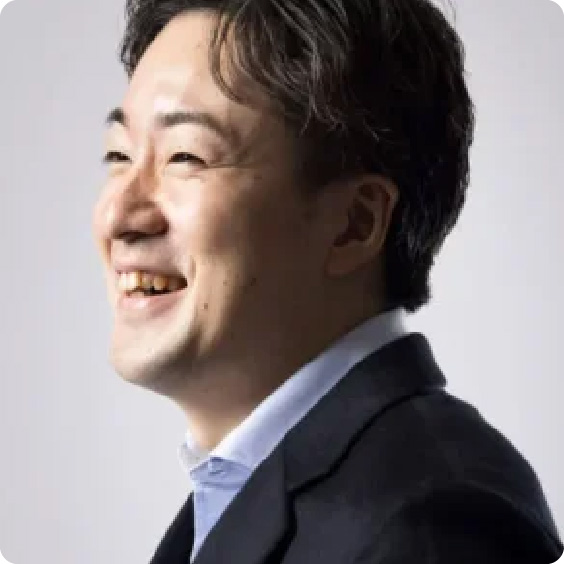What is Circular Economy.TOKYO?
Experiential Learning
Circular Economy

We, “Circular Economy.TOKYO”, are a learning platform that provides various forms of new knowledge and new ways of thinking required by business people today. We want to create a community where people can gain knowledge, think, act, share, and improve together.
With change proceeding at a rapid pace, unfamiliar words such as the above are appearing one after another. The above are just a few examples. Many people may be puzzled by the mountain of these words, many of which are of foreign origin.
Although certainly difficult to understand, these keywords have become common knowledge in business. In order to catch up with the rapidly changing times, we need to understand not only the meaning of the words, but also how they relate to our lives and work, and to actually act on them.
Therefore, we have decided to start by “creating a place to learn about the circular economy” based on the knowledge we have cultivated through our circular thinking media “Kankyo to Hito” (Environment and People), which was launched in 2021, and our industry network, including overseas.
“Circular Economy.TOKYO”, which will officially launch in January 2024, is a learning platform that provides various forms of new knowledge and new ways of thinking required by business people today. We hope to create a community where people can gain knowledge, think, act, share, and improve together.

A gallery where you can see, touch and experience the Circular Economy

The Circular Economy.TOKYO studio is a hands-on gallery where visitors can compare the amount of waste from around the world via digital signage and touch and see sustainable products manufactured by upcycling. The studio's interior as well as the display of the waste treatment process for paper, plastic, and textile waste, recycled materials are used for walls, floors, and other materials.
It also serves as a seminar venue for Circular Economy.TOKYO, which offers workshops on extracting recycled resources from waste materials and other materials and turning them back into new resources.
 What is the Circular Economy?
What is the Circular Economy?
Why is it important?
In recent years, natural disasters and extreme weather events, which are believed to be caused by climate change, have become more frequent, and the deterioration of the natural environment and soaring prices of natural resources have become more serious, forcing changes toward a sustainable society on a global scale. Many countries, including Japan, have set a goal of becoming carbon neutral (virtually zero greenhouse gas emissions) by 2050.
To achieve this goal, the economic model that has been in place since the Industrial Revolution of the 18th century must be reformed. The movement is to solve this major global issue by shifting from a linear economic model based on mass production, mass consumption, and mass disposal to a circular economy model that produces as little emissions as possible and makes effective use of existing resources.
The European Union (EU) was the first in the world to advocate the circular economy, and efforts to promote it are gaining momentum in Europe, especially among its member countries. Japan, as an advanced recycling country, has also begun to address this issue, with the Ministry of Economy, Trade and Industry (METI) and the Ministry of the Environment (MOE).

Circular Economy Education and Training Programs and Human Resource Development
Through the Circular Economy Education and Training Project, we will produce human resources capable of strategic planning and train consultants who can take charge of business operations while conducting industry-government-academia collaborative projects. We will create many advanced examples of the circular economy in Japan through the creation of businesses by educated personnel.
Education and Training Programs, Recruitment Type
Students will learn what the Circular Economy is and what business models can build a sustainable society. You will learn the knowledge to utilize the Circular Economy in a practical way through effective use of resources and minimization of waste.
Read morePlanning and implementation of inspection and study tours
We will visit the sites to see what kind of initiatives are being implemented in the most advanced countries in Europe, which are leading the way in the circular economy. We will deepen our understanding of the circular economy through actual observation and develop strategies for business sustainability.
Read moreConsulting
We listen carefully to the voices of the field and propose and support a sustainable resource cycle that your company can implement from a professional perspective. Circular Economy consulting by recycling professionals will help you to care for the environment and grow your business at the same time.
Read moreSustainability Public Relations Support
We will cover the SDGs and sustainability initiatives and create articles about them. This service maximizes media exposure for “Circular Economy.TOKYO” and various other media outlets, and disseminates information about your company's sustainable brand building.
Read more
Case Study
The following are some examples of clients who have used the “Education and Training Programs and Recruitment,” “Planning and Execution of Study Tours,” “Consulting,” and “Sustainability PR Support” services provided by Circular Economy.TOKYO.
Read more
 What we aim for
What we aim for
MISSION

“Waste to Value”
~Creating Value from Waste~
In the 1950s, soon after the end of World War II, we established a “raw material store (recycled paper wholesaler).”
Inheriting the founder's DNA, “We are a business of connoisseurs who measure the value of each item from a pile of waste and sell it,” we contribute to society as a group of professionals with an “eye” for creating new value demanded by the times by focusing on “waste,” although the type of business may be different.
VISION

By creating value from waste and maximizing resource efficiency, we contribute to the prosperity of a lean and productive society.
VALUE

As a small group of elite professionals, we support corporate transitions with a sense of speed and small turnaround time. We always have a global perspective and connect Japan with the rest of the world.
 The strength of the project is the network of the “vein industry”.
The strength of the project is the network of the “vein industry”.
The key is the collaboration between the manager driving the project (Circular Economy Consultant) and the existing venous industry players.
Large-scale projects for effective utilization of waste that would normally be unprofitable for a single company alone are solved through our network (a network of trust) that comes from our origins in the recycling industry.

Push for Japan to become a leader in the circular economy
The strategy that Japan should take is to first follow the model case that follows the global mechanism and rules promoted by the EU, firmly present its advanced business to the world as a leader of the circular economy in Asia, and export Japanese technology and business models on top of it.
What is needed here is not only distinctive Japanese examples such as detailed sorting, but also examples that can be replicated on a global scale, with an awareness of established principles.
 Writers
Writers
Meet the writers of Circular Economy.TOKYO.
-

Director
Ayaka Kume
Graduated from Ritsumeikan Asia Pacific University, School of International Management.While in school, she studied abroad in England, Germany, and Tanzania, where she interned at a local company that operates with a focus on sustainability.After graduation, she was in charge of new business development at a unicorn company that develops environmentally friendly materials and recycling businesses.
Currently, as director of Circular Economy.TOKYO, she is involved in global coverage activities including Eco Expo Asia 2023 (Hong Kong) and Plastic Recycling World Expo Europe (Germany). -

Ryoichi Arai
When he entered the recycling industry and saw the overwhelming amount of waste he saw on a daily basis, he realized that this society was not sustainable.He is working to get people to look behind the scenes and think about the words such as sustainable and SDGs, which walk alone on the front stage, in order to resolve their sense of discomfort.
-
Circular Economy.TOKYO Editor-in-Chief
Hitomi Kumasaka
After the Great East Japan Earthquake, she made a nursing U-turn to Fukushima City and has been active in the area of community revitalization for 11 years.After working as the editor-in-chief of Fukushima City DMO's on-demand media, she joined "Environment and People" (former site) in 2023.Stayed in Scandinavia for an extended period of time to research the EU circular economy for a master's thesis and articles.Currently based in Tokyo, she is enrolled in a doctoral program at the Graduate School of Economics and Management, Tohoku University, where he conducts research on circular economy in addition to her work as editor-in-chief.
https://note.com/kumasaka/ -
Chiharu Inoue
She has been highly interested in social issues since he was a student, and is active in a variety of fields to contribute to solving environmental problems and climate change.She also serves as a staff member of the sustainable fashion brand CACTUS TOKYO and a staff member of a media project for a movement related to the climate crisis.
-
Yoshimi Nagamine
As a reporter for the Yomiuri Shimbun newspaper, she covered mainly lifestyle issues, etc. Since 2005, she has been a director of Printemps Ginza, a department store of which the newspaper was the parent company, and a managing director of the same department store.She then served on the editorial board of the Yomiuri Shimbun's Tokyo headquarters, graduating from the newspaper in May 2018.She lives in Athens following her husband's appointment as Ambassador to Greece, returning at the end of 2020.She writes articles on the environment and other lifestyle-related topics.
-
Keiko Kimura
Worked as an editor for the weekly entertainment magazine "Ori★sta" at Oricon Entertainment, Inc.After leaving the company, he worked as a copywriter for a design company before going independent.She has worked on a wide range of projects including interviews, advertising copy, corporate website copywriting, and store interviews.She is practicing daily to contribute to the SDGs.
-
Rei Sato
Writer and editor, born in 1995.After working as a web magazine editor at RIDE MEDIA&DESIGN, she went freelance.She is very interested in people's difficulties in life and is currently studying the mind.
-
Yushi Hayashi
In 2018, based in Oita Prefecture, he started his own business in the field of "upcycling", developing higher value-added products from discarded goods.He will conduct upcycling research around the world, traveling in Southeast Asia and Europe for a year beginning in 2019.From 2022, he will start "Web Writer" focusing on the areas of entrepreneurship and SDGs.Currently also running a "Web Writer School" to help students balance "social activities" and "work".
-
Ami Kobashi
She became interested in environmental issues as a high school student and continued to study social issues extensively in college.She joined Aresgood, which operates "Ethical Job Hunting," after having disseminated information on ethical consumption and sustainability on her note.She writes column articles on social issues for the on-demand media "Ethical Job Hunting Magazine" and several articles for Aresgood's official note.
-
Sayaka Suzuki
Born in Yokohama in 1997. Graduated from Tokyo University of Agriculture and Technology.She left the graduate school of the University of Tokyo.She specializes in environmental/social education.While traveling around the world as a writer to communicate about social issues and sustainability, she also manages a self-sufficient share house on the Atsumi Peninsula (Aichi Prefecture) and organizes experience tours of agricultural living.The goal is to be a Reiwa peasant who can do anything!



